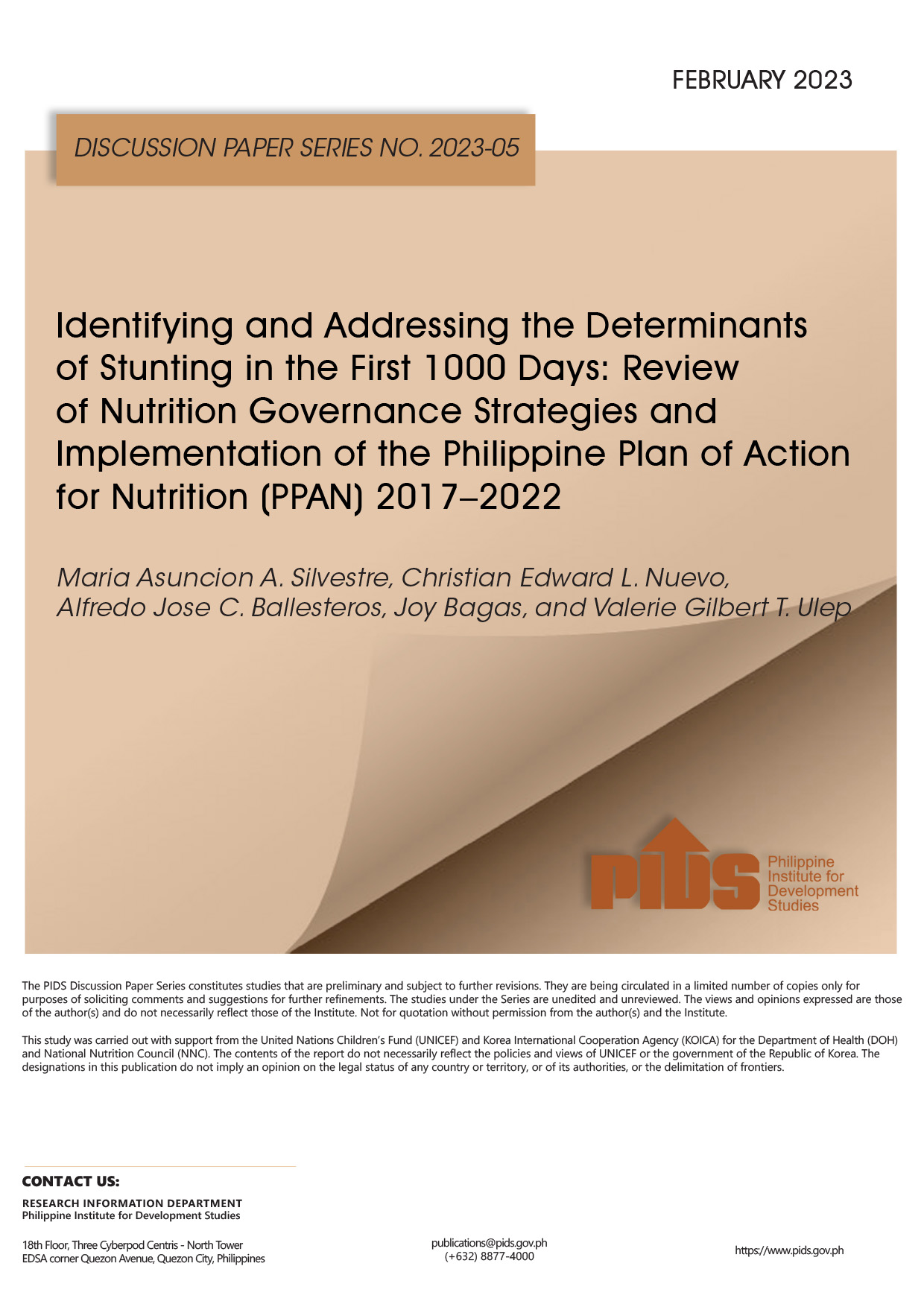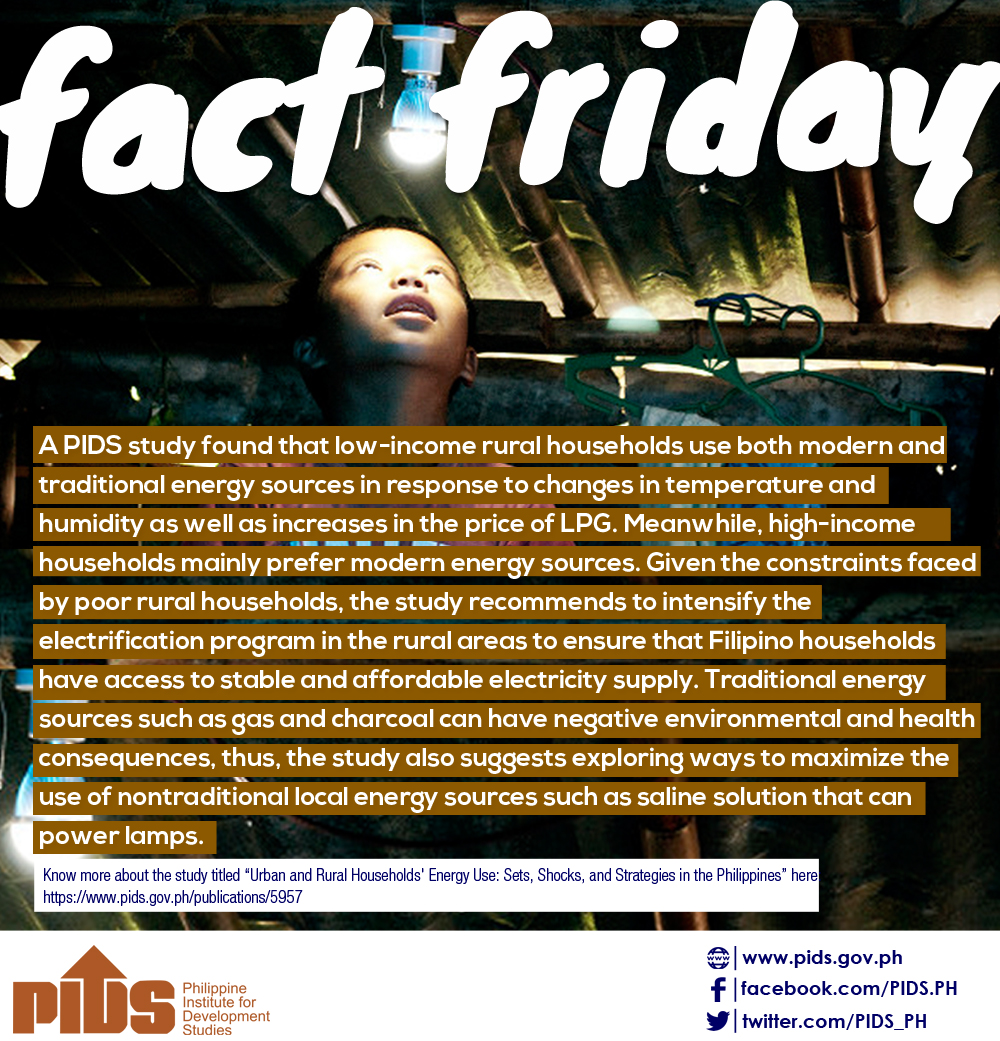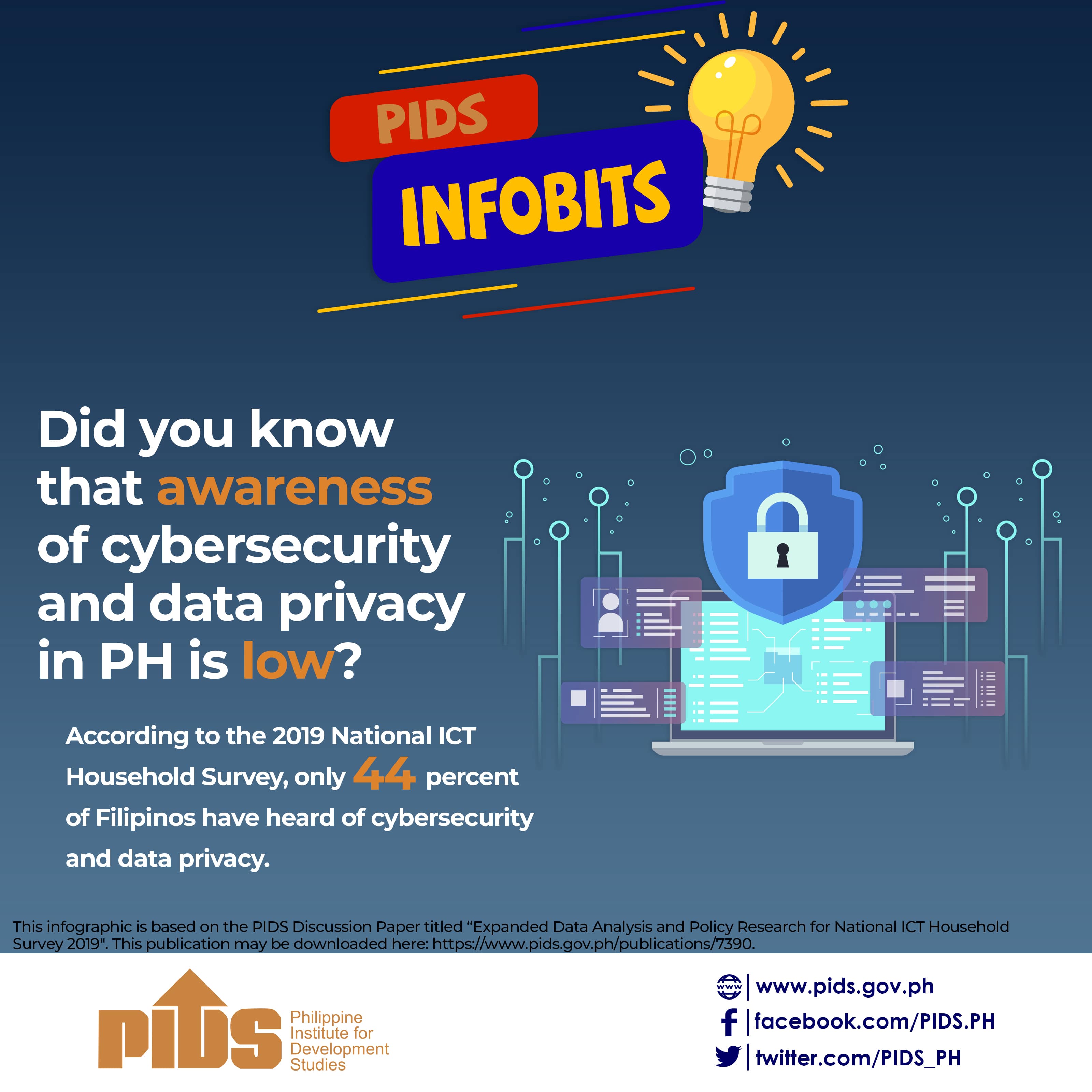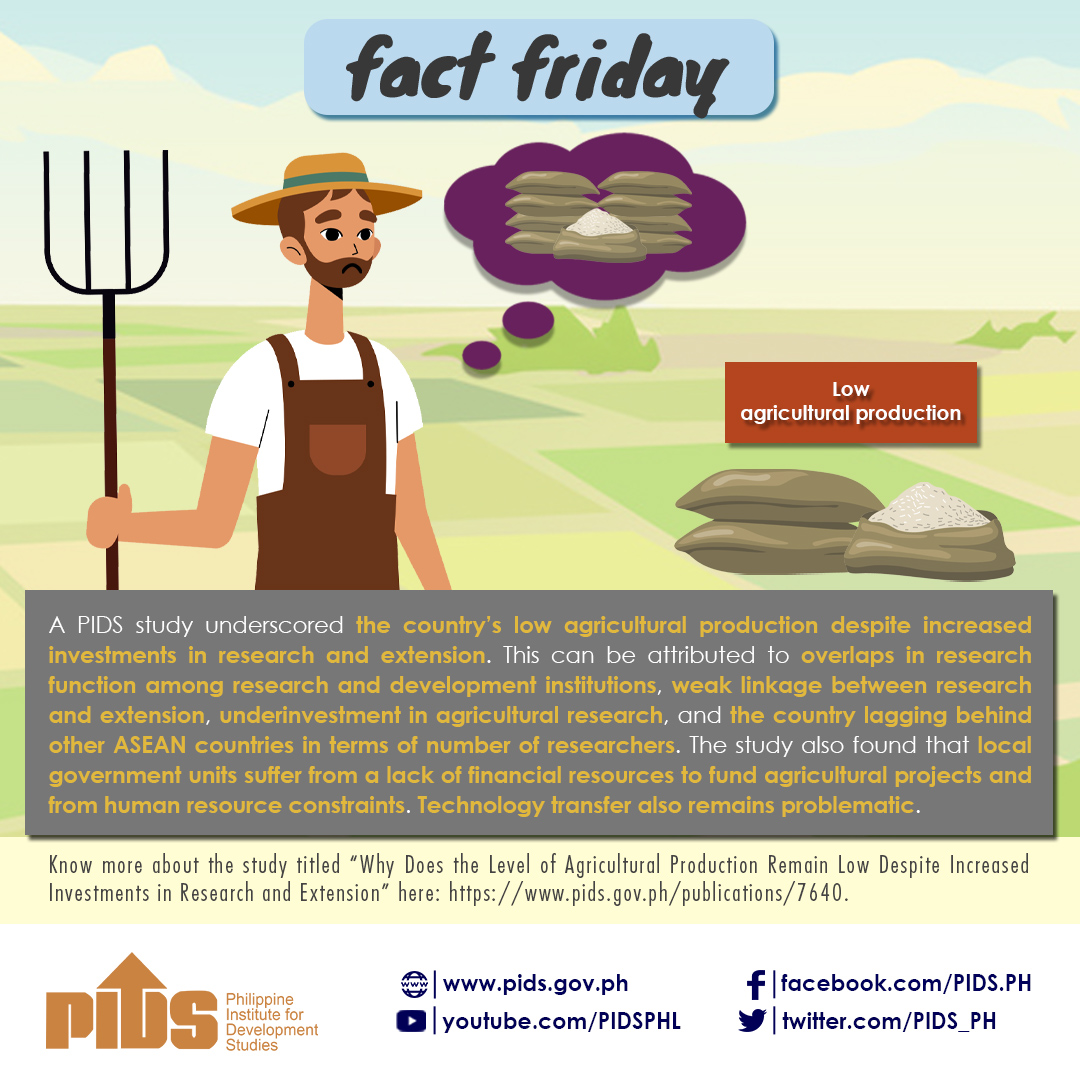Low consumer awareness is one of the main reasons why many Filipinos, especially the poor, have not fully taken advantage of the 25-year old Generic Drugs Act and the five-year old Cheaper Medicines Act, a study published by the Philippine Institute for Development Studies showed.
According to the joint study of PIDS and the Department of Health titled "The Impact of the Cheaper Medicines Act on Households in Metro Manila,” there is a perception that generics are of poorer quality compared with branded medicines.
The study also said that while many people were aware of the Generics Act, most respondents thought the Cheaper Medicines Act covered mainly generic medicines.
The Cheaper Medicines Act is intended to achieve universally accessible, cheaper, and quality medicines by pursuing an effective competition policy in the pharmaceutical sector. Under the law, an executive order was issued imposing maximum retail prices on a number of drugs.
The Generics Act, meanwhile, aims to promote, require, and ensure the production, adequate supply, distribution, use, and acceptance of drugs and medicines identified by their generic names.
Adoracion Fausto, one of the authors, said during a recent forum that while the increase in the number of generic drugstores and the use of celebrity endorsers helped improve the image and acceptability of generic medicines, a more integrated communication campaign by the DOH was needed to promote the benefits of the two laws.
The study found that government physicians have a positive influence on the use of generics because they are required by law to write prescriptions using generic names.
However, private physicians, who have an option to write in brand names in addition to generic names, seem to contribute to the generic medicines’ image of poor quality, especially among higher social classes.
"It is important to study physicians’ behavior because whatever the doctors say, the patients will follow,” Fausto said.
Related Posts
Publications
Press Releases
Video Highlights
[No related items]









